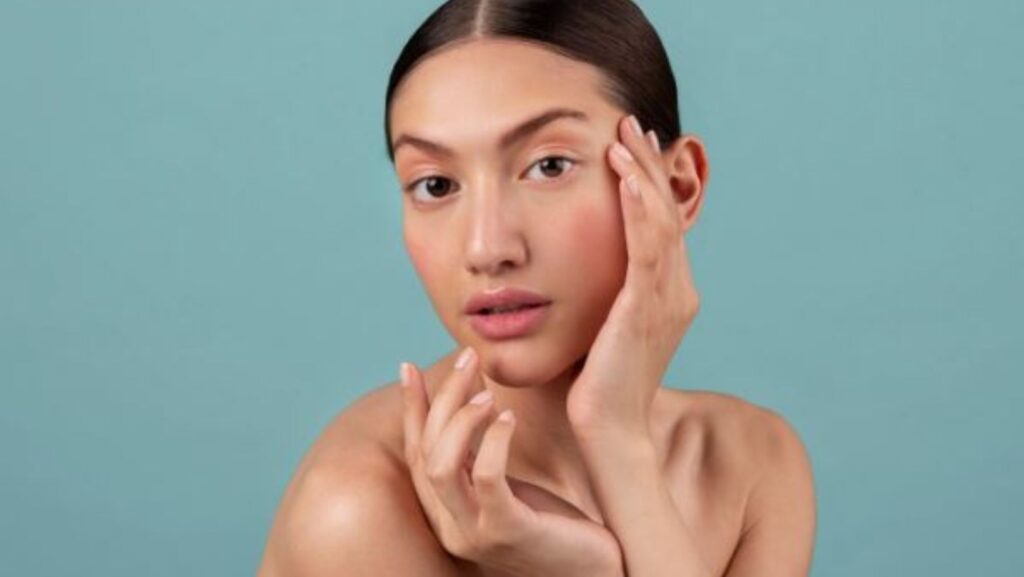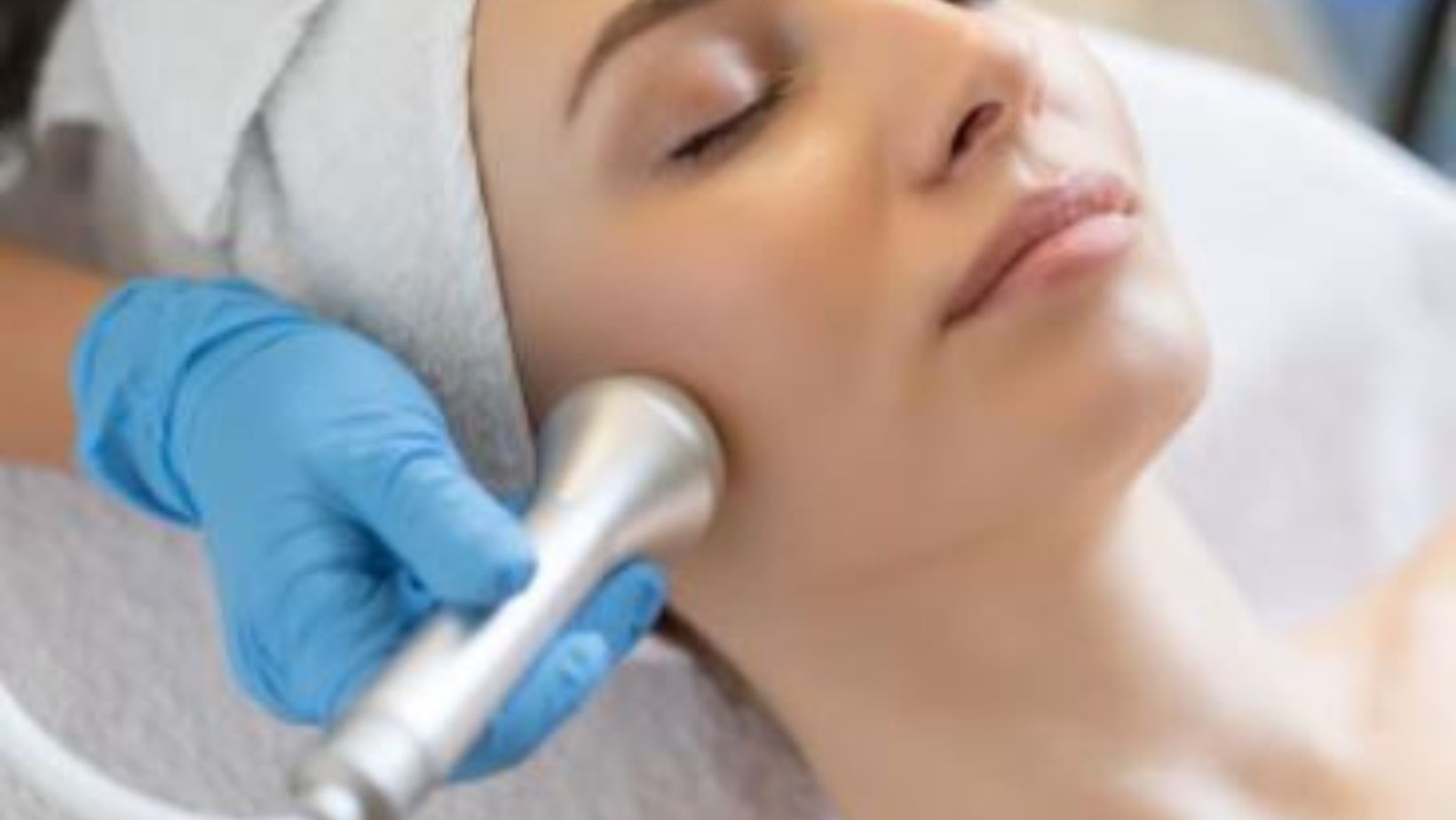High-Intensity Focused Ultrasound (HIFU) has grown in popularity as a non-invasive alternative for skin lifting and tightening. But one important question remains for many: Does HIFU work for everyone? As with most treatments, your skin type plays a key role in the results you can expect. In this article, we’ll break down how HIFU interacts with different skin profiles and what to keep in mind before choosing this option.
If you’re considering HIFU treatment from an aesthetic clinic, understanding your unique skin needs is a crucial first step.
What Is HIFU and How Does It Work?
HIFU uses ultrasound energy to target deep layers of skin, stimulating collagen production without harming the surface. This process encourages gradual lifting, tightening, and firming, most commonly on the face, jawline, and neck.
Unlike laser treatments, HIFU works on deeper structural layers of the skin and is not reliant on pigmentation, making it suitable for a wider range of skin tones. It’s also backed by FDA approval for lifting the brow, chin, and décolletage areas.
How Skin Type Affects HIFU Results
- Oily or Acne-Prone Skin
HIFU is generally well-tolerated for those with oily or acne-prone skin. Since there’s no need for topical products during the procedure, it minimises pore congestion. However, practitioners often wait until active breakouts subside before proceeding.
- Dry or Dehydrated Skin
Individuals with dry or dehydrated skin may experience more visible fine lines. HIFU can support collagen regeneration, improving elasticity over time. That said, skin should be well-hydrated before treatment for optimal response.
- Sensitive Skin
HIFU does not involve heat on the skin surface, making it generally safe for sensitive skin types. Mild redness or swelling may occur after the session, but these effects usually subside within 24–48 hours. It’s important to inform your practitioner about any known sensitivities beforehand
- Mature Skin (Ages 40+)
HIFU is often selected by individuals in their 40s to 60s experiencing early to moderate skin laxity. For mature skin, the results may be subtler and take longer to appear. It’s also possible that multiple sessions or combination therapies may be recommended for stronger effects.
- Darker Skin Tones
Since HIFU bypasses the epidermis and targets deeper skin layers, it reduces the risk of post-inflammatory hyperpigmentation (PIH). This makes it a safer choice compared to some laser options for individuals with Fitzpatrick skin types IV–VI.
Who Might Not Be an Ideal Candidate?
While HIFU is versatile, it may not suit everyone. Individuals with:
- Severe skin laxity or very heavy jowls
- Implanted medical devices (e.g., pacemakers)
- Active skin infections or cystic acne
Should consult with a practitioner for alternative treatments. It’s also not designed for immediate or dramatic transformation—it works best for those with mild to moderate concerns seeking gradual results.
Expected Results and Downtime
HIFU treatments are designed for progressive results. Most people notice changes after 1–2 months, with continued improvement up to 6 months post-treatment. The collagen rebuilding process takes time, so patience is key.
The best part? There’s minimal downtime. Most individuals return to their regular activities the same day.
Additional Tips Before You Book
- Consult a Qualified Provider: Seek a licensed aesthetic clinic with experience in HIFU technologies and a track record of working with various skin types.
- Ask About Customisation: Settings can be adjusted based on age, skin density, and sensitivity.
- Post-Treatment Care: Staying hydrated, avoiding heat exposure, and using gentle skincare can enhance recovery and results.
Conclusion
HIFU is not a one-size-fits-all solution, but it offers a promising approach to non-invasive skin lifting, especially for those looking to support their skin’s natural collagen. With proper evaluation and realistic expectations, individuals across a variety of skin types can benefit from this treatment.
For tailored advice, it’s best to speak with a trusted aesthetic clinic that understands the nuances of your skin type and goals.




